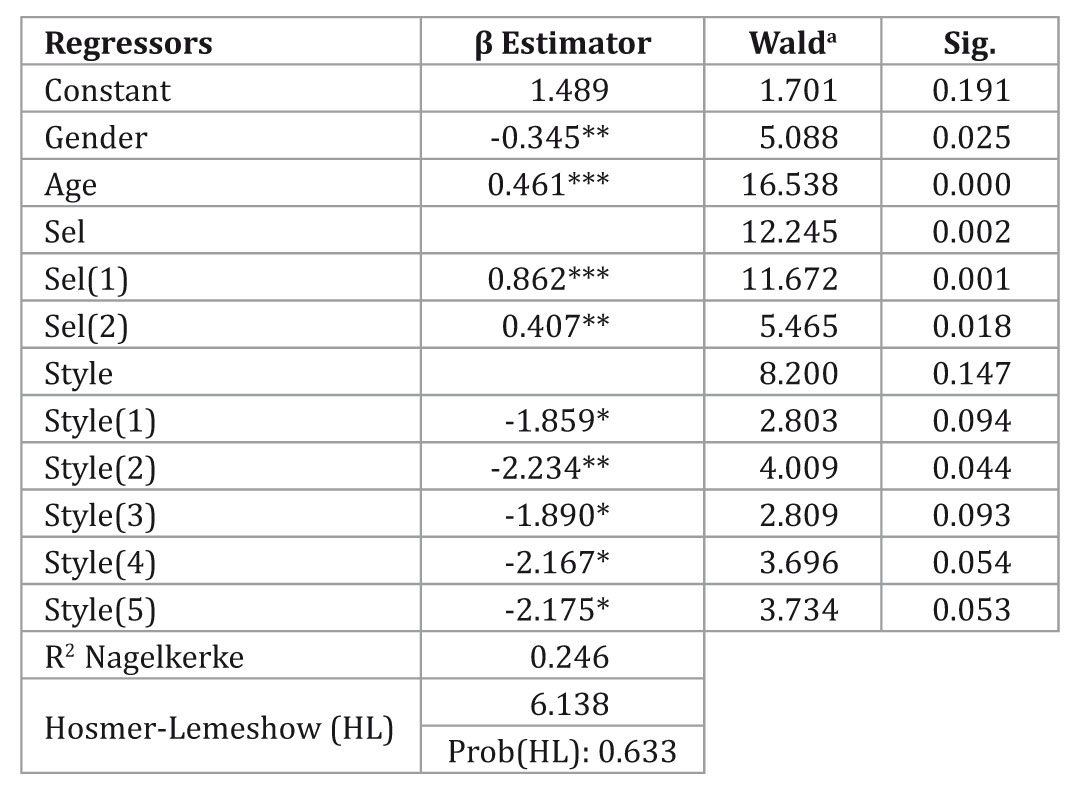"Country of origin" effect and ethnocentrism in food purchase in Southern Chile
Keywords:
food consumption, market segments, origin, ethnocentrism, ChileAbstract
This study sought to determine the relative importance of the country of origin in the selection of four foodstuffs (rice, sugar, chicken meat and oil); to identify consumer segments; and to evaluate which sociodemographic variables affect ethnocentrism in food consumption, through a survey responded by 800 habitual supermarket shoppers in southern Chile. It was determined that the country of origin was the most important attribute in the selection of the four foods. Three consumer segments were distinguished which assigned a different degree of importance to the country of origin, although in two segments the country of origin was highly important in the purchase choice. The consumers of the three segments preferred Chilean foods and expressed a lower preference for food imported from countries that were farther away and more culturally different from Chile. The segments differed significantly in the frequency of purchase of imported foods, reasons for preferring to buy imported foods, and ethnocentrism. It was found that if the respondent was a woman, of older age, belonged to the medium or high socioeconomic level, and had a conservative lifestyle, the probability of being ethnocentric in food consumption increased.

Downloads
Published
Issue
Section
License
Aquellos autores/as que tengan publicaciones con esta revista, aceptan las Políticas Editoriales.


